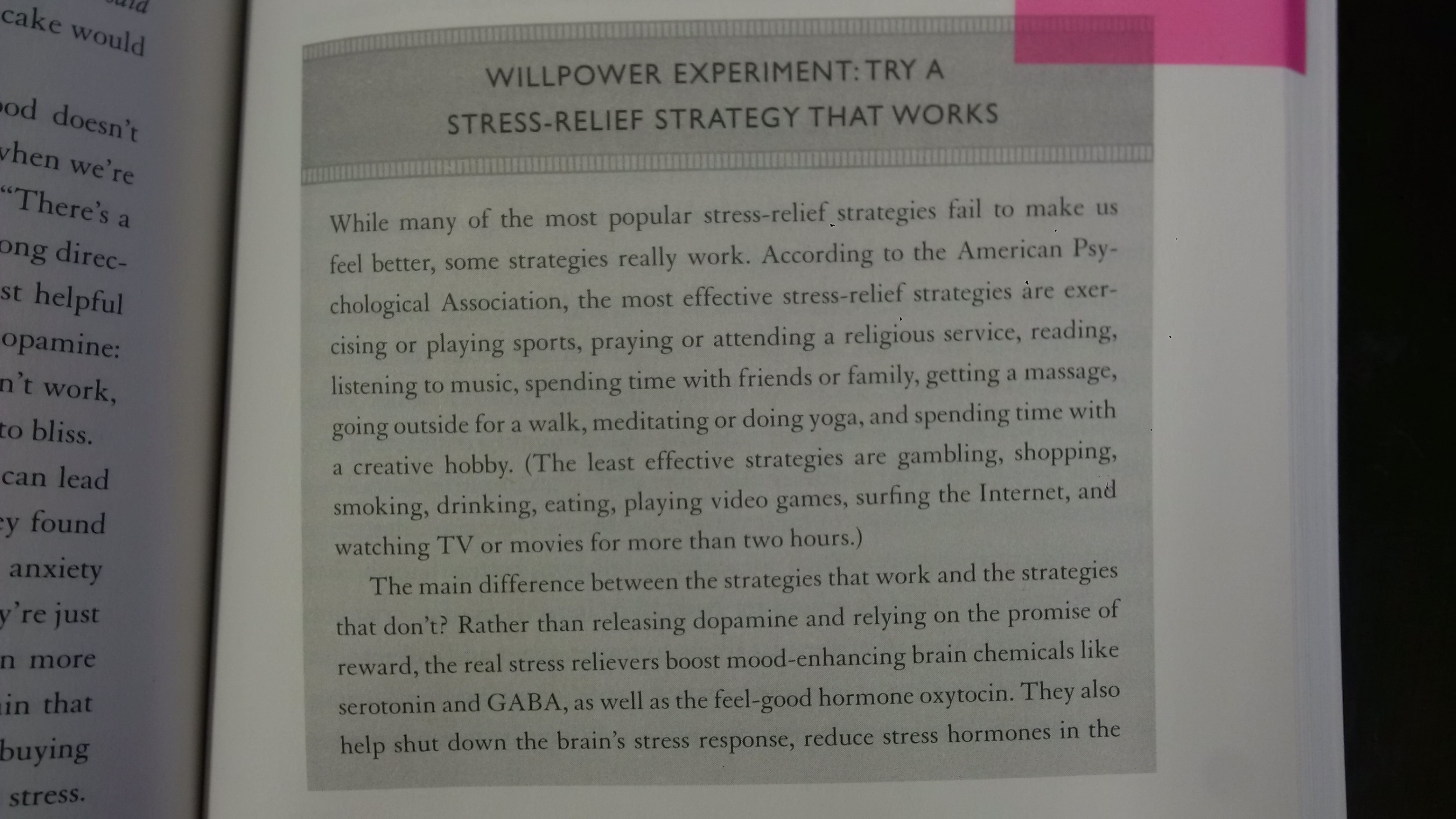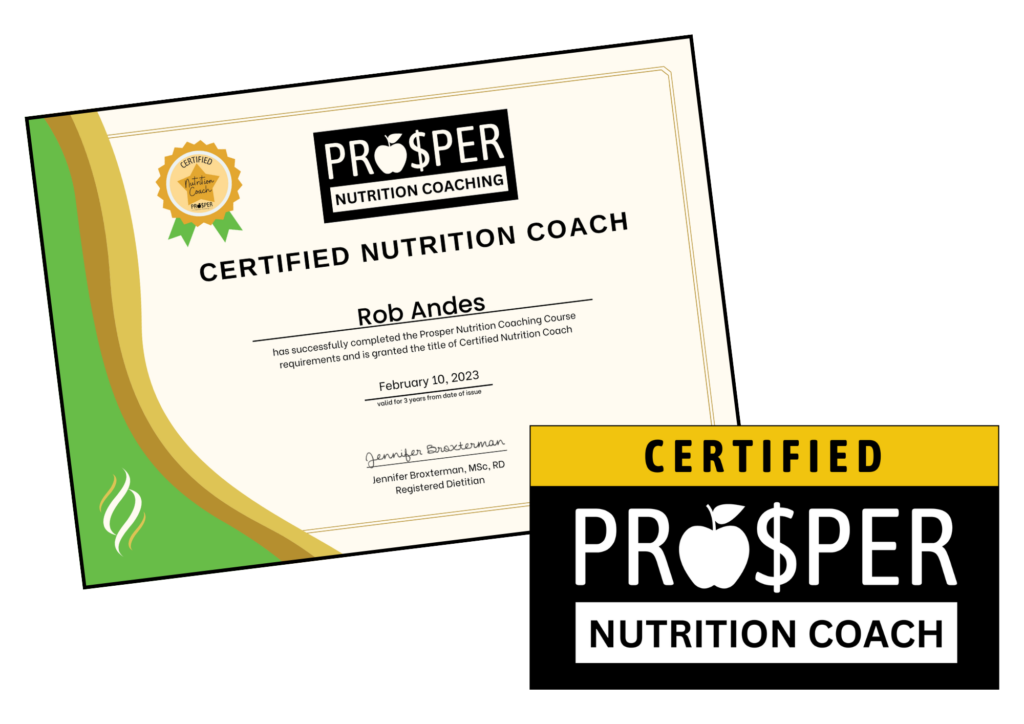

D is for Divorce

DIVORCE
What a scary, big, and overwhelming word that comes with a lot of charged emotions. Or does it always have to be about the negative?
I’d like to share a story (with their permission) about a client appointment that left me with goosebumps – good goosebumps – full of excitement and anticipation of amazing things to come. Prior to our nutrition session, I received an email that this individual had come to the difficult decision that getting a divorce from their long-term partner was the right thing to do, and the chain of events had been initiated. It was scary, and hard, with a lot of unknowns to still work through, but it was for the best decision for everyone involved and the time had come to have this uncomfortable but necessary conversation.
We chatted about the significance of this life-altering conversation, and I brought up one of my favourite Tim Ferriss quotes I often turn to when facing difficult decisions:
“A person’s success in life can usually be measured by the number of uncomfortable conversations he or she is willing to have.”
–Tim Ferriss
As I’m sure many of you can relate, sometimes in life you simply have to brace yourself and go through the storm in order to get to sunny skies on the other side. You’ve come to the point where you can no longer settle for a life that doesn’t make you happy, and it’s time to start the process of change to create something much better.
Divorce is never an easy subject to talk about, let alone go through, and although divorce has nothing to do with food, it has everything to do with food and the environment, stress, and living conditions the person has been in for quite some time.
As our nutrition session progressed, my client shared a powerful sense of freedom and calm they now felt, like a weight had been lifted from their shoulders. They excitedly noted that they no longer felt like they needed to smother their silenced inner voice with junk food anymore, and the change was almost instant after holding back unhappy thoughts about their marriage for years.
As if pushed into overdrive with motivation, lightness, and energy, their brain was able to find an abundance of healthy outlets they could channel their emotions into, including a newfound joy for exercise and feeling their muscles work hard – something that was always a struggle in the past.
What impressed me most was the change in energy when they walked into the room and sat down in the chair, head held high. There was a lightness, a relief, and a sense of freedom that was suddenly very present. Although it hadn’t been the easiest month with many food challenges and obstacles thrown into the mix, this individual listed off their ingenious problem-solving strategies, and blew me away with their creativity, out-of-the-box thinking, and determination to find a way to make the nutrition and exercise goals work even in the messy chaos of it all.
Not only that, but under the watchful eyes of their children, they were leading by example, changing the food environment for the better, demonstrating how to make physical activity fit into a busy lifestyle, how to ask for help and support when needed, how to talk openly about their feelings, and in general, how to be an amazing role model to the people it mattered most to.
There was also a wise gentleness to not be too hard on themselves, to take things day-by-day, to let the emotions of sadness, grief, and anger out, and to remember the importance of self-care throughout this entire process. We took the time to read a short passage from one of my all-time favourite behavior change books called The Willpower Instinct, and they left my office with a snapshot of the following as inspiration:

Here’s a summary of the strategies in the grey box:
While many of the most popular stress-relief strategies fail to make us feel better, some strategies really work. According to the American Psychological Association, the most effective stress-relieving strategies are:
- exercising or playing sports
- praying or attending a religious service
- reading
- listening to music
- spending time with friends or family
- getting a massage
- going outside for a walk
- meditating or doing yoga
- spending time with a creative hobby
The least effective strategies are:
- gambling
- shopping
- smoking
- drinking
- eating
- playing video games
- surfing the Internet
- watching TV or movies for more than two hours
The main difference between the strategies that work and the strategies that don’t? Rather than releasing dopamine and relying on the promise of reward, the real stress relievers boost mood-enhancing brain chemicals like serotonin and GABA, as well as the feel-good hormone oxytocin. They also help shut down the brain’s stress response, reduce stress hormones in the body, and induce the healing relaxation response. Because they aren’t exciting like dopamine releasers, we tent to underestimate how good they will make us feel. And so we forget about these strategies not because they don’t work, but because when we’re stressed, our brains persistently mis-predict what will make us happy. This means that we’ll often talk ourselves out of doing the very thing that will actually make us feel better.
The next time you’re feeling stressed and about to reach for the promise of relief, consider trying a more effective stress reliever instead.
I hope sharing this person’s story can help you relate if you’re going through something similar.
- Maybe it’s simply facing your fear to have an uncomfortable conversation you’ve been putting off (it doesn’t have to be the big “D” talk).
- Hopefully it helps you see that things don’t have to be perfect in order to make progress.
- Maybe it’s a good reminder to be kind and gentle with yourself, especially if you’re going through a rough patch and life has been especially hard on you.
- Maybe it fires you up to break the self-sabotaging pattern of stress eating, and find new ways to cope with difficult emotions.
- Maybe it’s helpful to know you’re not alone and many of us struggle with the same issues in private.
Personally, I have a hard time with the preachy posts that tell us what to eat and what not to eat, paint a black and white picture of good vs. bad foods, promise quick results, then make you feel judged and weak for lacking the willpower to follow the simple “food rules” that have been wrapped up neatly with a little bow.
Instead, I believe in healthy eating, made simple. I believe in promoting positive relationships – with yourself, with food, with exercise, with self-image, and with the people in your life. I also believe in developing positive health habits that stick around for the long-run and can be executed even through the rough patches in life.
In the raw messiness of helping REAL people deal with REAL issues (not that it has to be overly-complicated to eat healthy foods), it’s amazing to see someone transform and have a giant breakthrough in self-discovery. Because when it comes to making better food choices, it’s almost always not about the food.
Learn more here about what we do and how we help develop healthy eating habits for the long-run: https://nutritionrx.ca/services-rates/weight-loss/
Wishing you health & happiness,
♡ Jen
Jennifer Broxterman, MSc, RD
Registered Dietitian
NutritionRx: happy, healthy living with our team of Registered Dietitians
Prosper Nutrition Coaching: a world-class nutrition coaching certification
+
+
+
Want to work with a NutritionRx Registered Dietitian?
Learn more here: Nutrition Packages & Rates
+
+
+
Want to become a Certified Nutrition Coach?
Learn more about our habits-based Prosper Nutrition Certification



